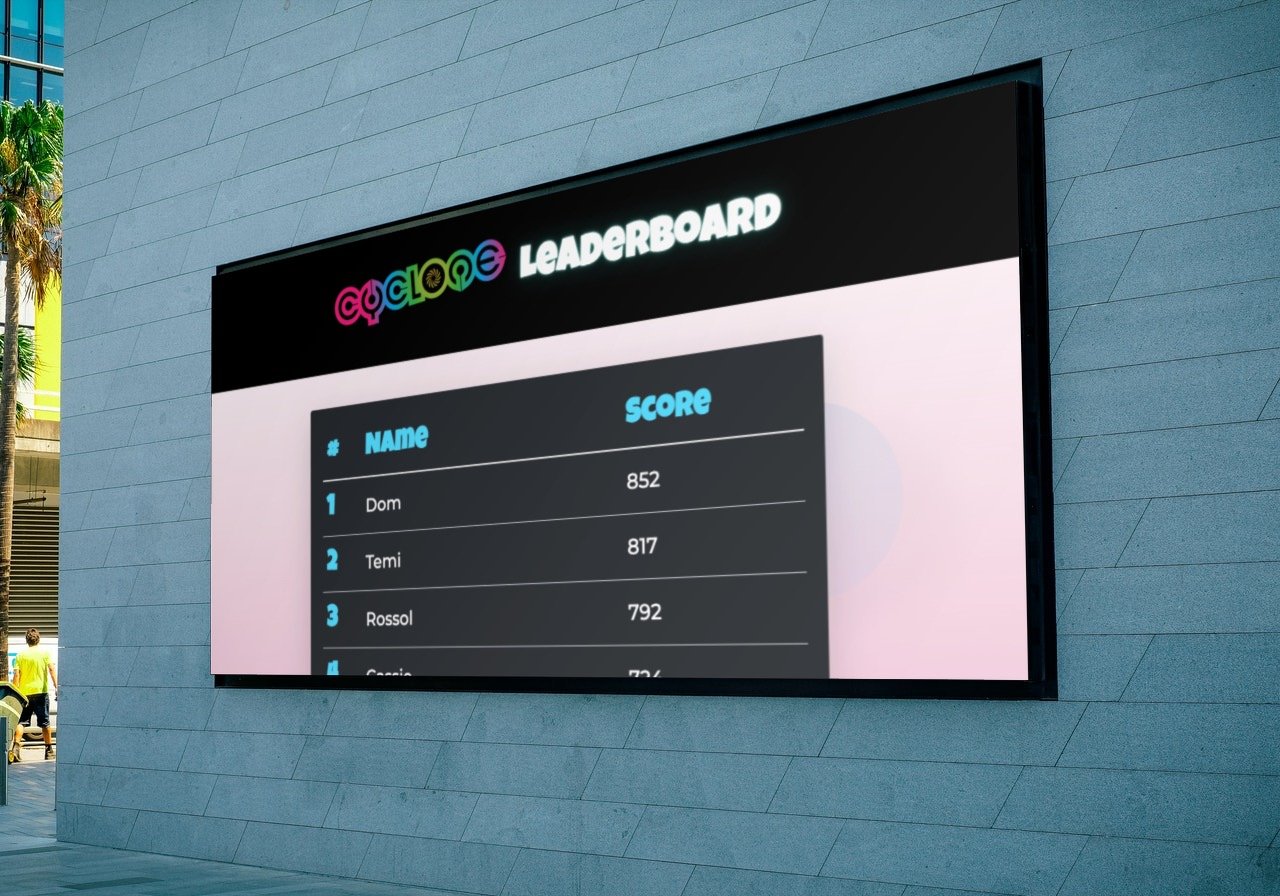Buzz. Beep. Ding. Like. Love. There is a constant grappling for our attention from mobile devices, social media apps, messenger services, and the media. And those are just the digital interruptions to our daily routines and tasks. Add to that co-workers, partners, children, doctors’ appointments. The list is endless.
Distractions have become so commonplace that we barely recognize them as such. However, they put a sizable dent in our ability to focus on the job at hand. Be it in the office, at home, or even on holiday. Trying to balance the people, gadgets and services vying for our attention has made us feel like masters of multitasking. In reality, many of us are unfocused and less productive than we can be. Deep work can change that.

What is Deep Work?
Author and computer science professor Cal Newport coined the term deep work. And to better understand what he meant, It makes sense to start with deep work’s opposite: shallow work. This refers to the easy reward tasks that we complete on any given day. The chores and assignments on your ToDo lists that you satisfyingly tick off as you complete them:
- Responding to an email
- Calling a colleague to talk meeting logistics
- Posting on social media
These are jobs you can accomplish while distracted. They require minimum attention, have little value beyond your own microcosm, and require almost no cognitive effort. Meaning anyone can do them. However, their often social nature makes them incredibly appealing and satisfying.
Deep work, by contrast, pushes you to your cognitive limits and requires complete focus. Deep work tasks:
- Create new value beyond your personal and professional life
- Enhance your skills and talents
- Push you to continually improve
- Can not be easily replicated by anyone including AI)

Getting Started with Deep Work
Helping your mind switch off the craving for the quick satisfaction of shallow work in favor of more challenging deep work will require some effort. Cal Newport has a clear set of steps to guide you:
-
Prepare: Create a simple ritual to transition from shallow work to deep work. This might involve making a cup of coffee or activating Do Not Disturb on your mobile device.
-
Clarify: Be very clear about the outcome you want to achieve. Have a clear goal in mind and understand why and how you are the best person for the job.
-
Stretch: Determine the next goal for your overall task. It should push your limits, cognitive or physical depending on the task at hand. If you feel like you want to get up and distract yourself from what you’re doing, you’ve properly stretched! And now it’s time for you to dig deeper and focus your energy, skills, and efforts to accomplish your goal. Stretching may require outside resources, like specialist literature or expert advice.
-
Obsess: Start with one hour of deep work and increase the number of hours as you get used to this state of concentrated effort. But remember. Work hard and then play hard. The reward for deep work should be rest and relaxation. Which is why it’s key to track your deep work time.

The Importance of Tracking Deep Work Hours
As mentioned above, keeping a log of the amount of time you spend engaged in deep work helps you to make space for downtime. Resting your brain is an essential part of deep work. An overtired brain will become incrementally less productive.
What is a Deep Work Scoreboard?
Cal Newport recommends keeping a deep work scoreboard. He suggests a simple pen and paper list to tally your deep work hours. Keeping this scoreboard somewhere visible will help you:
- stay motivated
- hold yourself accountable to your goals
- help you track your progress.
However, if you want to have your deep work scoreboard readily available wherever you are, you can opt for spreadsheet-based tracking systems like Google Sheets or digital scoreboard tools like KeepTheScore, which offers a GOAL TRACKER that is a great way to record your time spent on deep work. How does it work?
- Create a goal tracker board here
- Set your Goal value to the number of hours you want to invest in deep work.
- Go into the settings and change the Score suffix to HOURS.
- Choose a score format (1 decimal place is helpful for tracking hours).
- Add your hours worked (you can also use our online countdown timer to time-box your deep work).
The goal tracker will show you what percentage of your goal you have achieved. You can create a goal tracker for a week, a month, a year. Or you can reset your goal tracker every day and start fresh.
Effective Deep Work Scoreboards
Our efforts are only as effective as our ability to set goals. Which is why identifying key metrics is an essential first step to delving into deep work. What exactly do you want to measure? Maybe the:
- number hours of spent doing deep work
- number of tasks completed
- number of pages read
- lines of code written
- number of words written
Setting realistic goals will ensure you stay focused and on target.
Implementing Scoreboards in Different Settings
Keeping track of deep work does not have to be a solo endeavour. In fact, gamifying your efforts in a team environment can help everyone involved achieve their goals. With KeepTheScore’s Scoresheet, you can keep track of your team’s deep work hours on a daily, weekly, monthly etc. basis. Simply:
- Create a scoresheet.
- Enter the names of your team members.
- Choose a score format (1 decimal place is helpful for tracking hours).
- And then save your sheet.
Add the hours worked at the end of each day/week/month, and KeepTheScore will keep a running tally of who’s in the lead.
Digitizing your scoreboard also makes deep work tracking accessible to remote colleagues and can help keep your offsite team members feel more involved and engaged.

Avoid These Challenges and Ensure Your Success
Like any game, it’s easy to get carried away with the numbers. But the real win when it comes to deep work is the end product: the results of focused and invested efforts. So here’s how to stay on target:
- Be consistent: Keep regular track of your deep work, increasing your goal as it becomes more of a habit.
- Don’t get carried away: Celebrate your wins! But don’t get so hooked up on accumulating hours that your whole life becomes deep work
- Make time for shallow work: Easy wins also help us stay motivated. So make time for shallow work as well.
Like any new skill, making deep work a successful habit will require time and patience. But having a scoreboard and a team of dedicated allies on your side will certainly make it more fun!




